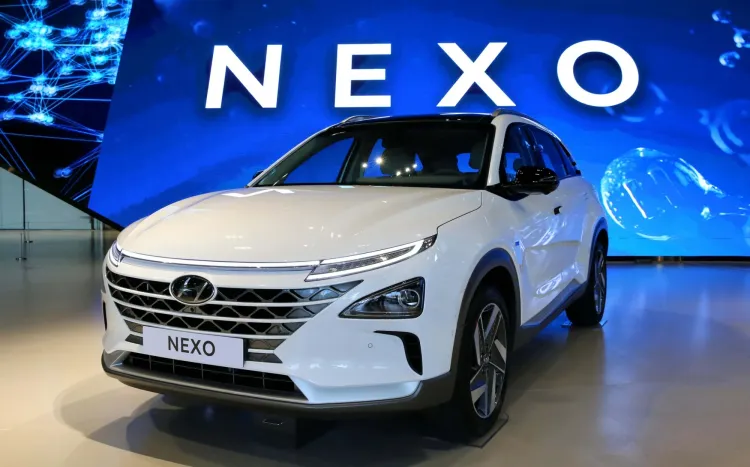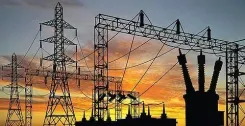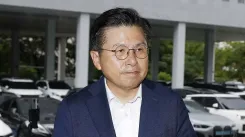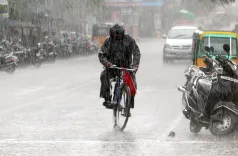Why Are Hydrogen Vehicle Sales Plummeting in South Korea?

Synopsis
Key Takeaways
- Hydrogen vehicle exports fell by 70% in early 2023.
- Domestic sales are projected to hit their lowest levels in years.
- Hyundai Motor faces challenges with limited model availability.
- Experts stress the potential of hydrogen vehicles for future mobility.
- Free safety inspections for EVs are being implemented industry-wide.
Seoul, May 28 (NationPress) The hydrogen fuel cell electric vehicle (FCEV) market in South Korea is experiencing a significant decline this year, with both domestic and export figures dropping sharply due to insufficient demand, according to industry data released on Wednesday.
As reported by the Korea Automobile and Mobility Association (KAMA), only 18 hydrogen vehicles, encompassing both passenger and commercial types, were exported from January to April, marking a 70 percent decrease from the 60 units exported during the same period last year.
Domestic sales totaled 965 units for the mentioned timeframe, raising concerns that the yearly total may fall to its lowest levels in years, as highlighted by Yonhap news agency.
Hyundai Motor Co., which previously dominated the hydrogen vehicle market with models such as the Nexo and the Xcient commercial truck, is losing market share owing to limited model options and a lack of hydrogen infrastructure.
Exports reached a peak of 1,121 units in 2021 after the introduction of the Nexo in 2018, but they have since decreased. Domestic sales have also plummeted from a high of 10,328 units in 2022 to 4,707 in 2023 and 3,787 last year.
Despite the decline, industry experts assert that hydrogen vehicles are a pivotal technology for future mobility and call for more robust government backing.
"Though the global hydrogen car market is still relatively small, it possesses immense potential," stated Kim Pil-soo, a professor of automotive engineering at Daelim University. "It should be seen as a strategic investment for the future and bolstered through a comprehensive hydrogen value chain strategy."
In related news, major automotive manufacturers in South Korea, including Hyundai Motor, Kia, and Volkswagen, are offering complimentary safety inspections for all electric vehicle (EV) models as part of enhanced safety initiatives following concerns regarding EV fires, as reported by the transportation ministry.
This initiative encompasses all 14 automakers operating in the nation and was prompted by a significant fire incident involving a Mercedes-Benz EV last year, according to the Ministry of Land, Infrastructure and Transport.
Hyundai, Kia, Volkswagen-Audi, and Jaguar Land Rover are conducting free inspections throughout the year.
Stellantis began inspections in April, while KG Mobility Corp. and Renault Korea Motors will commence this month and continue through the end of the year.
Porsche and Polestar are slated to begin their services in June, with GM Korea, Tesla, and BMW joining in July, followed by Mercedes-Benz and Volvo in August.
The ministry indicated that these inspections will cover essential safety components, including the status of the high-voltage battery and its cooling system. Technicians will also inspect for any external damage, such as impacts to the battery’s underside, and perform repairs if any issues are detected.
Vehicles equipped with older versions of the battery management system will receive software updates for enhanced battery monitoring. The service will also include a recall verification to ensure all necessary safety measures are implemented.









